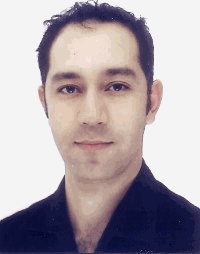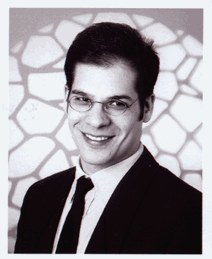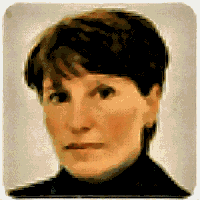
Ian Alexander is an independent consultant specialising in Requirements Engineering. He is an experienced instructor and has written training courses for a range of organizations. He is the author of the Scenario Plus toolkits for the DOORS requirements tool. His principal research interest is in improving the requirements engineering process by modelling business goals, processes, constraints, and scenarios. He was lead author of ‘Writing Better Requirements’ published by Addison-Wesley, 2002. He helps to run the BCS Requirements Engineering Specialist Group and the IEE Professional Network for Systems Engineering. He is a Chartered Engineer.























